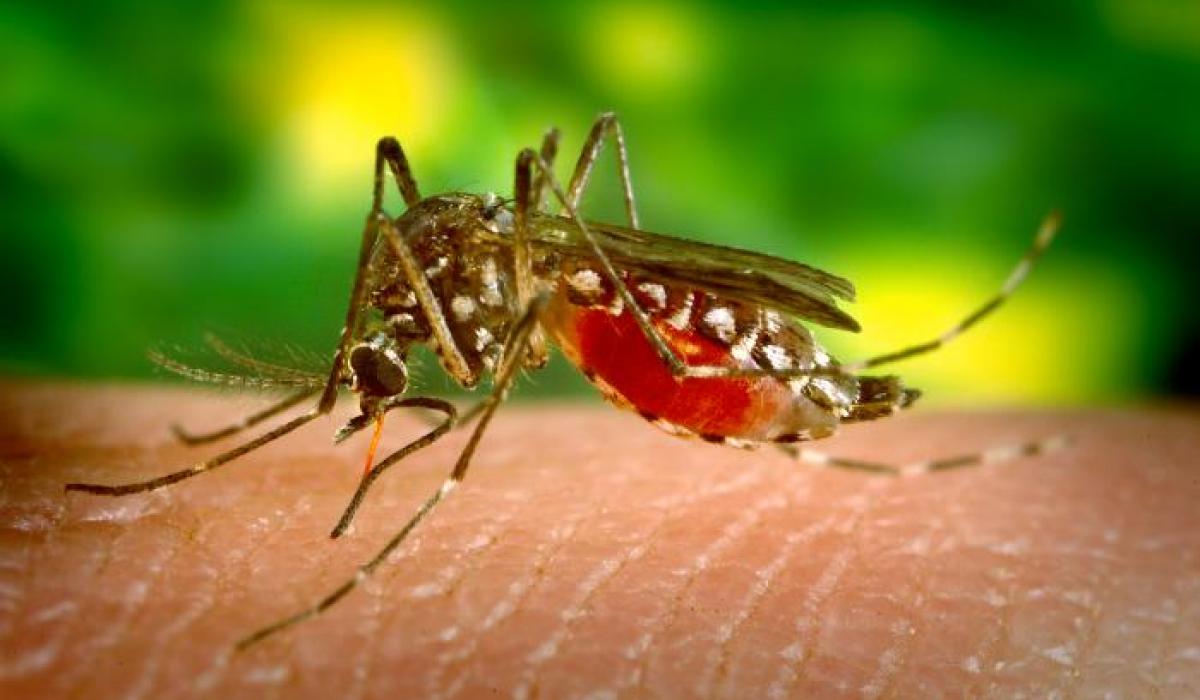
VACCINES: Scientists to examine the dynamics of natural immunity to malaria

Ifakara Health Institute and partners in the next four years will examine the dynamics of natural immunity to malaria in order to create a database that will be instrumental in testing the effectiveness of future malaria vaccines.
Ifakara and partners have put up a team of scientists, led by Dr. Ally Olutu as the Principal Investigator, and Dr. Maximillian Mpina, as the Project leader from September 1st, 2023 to June 30th, 2027. The project has been named, “Dynamics of Natural Immunity to Malaria in Adults – simply DYNAMIA”.
“To achieve this goal, the study entails monitoring a group of healthy adult participants over a three-year period to gain insights into these dynamics. The study will assemble a group of participants for long-term monitoring, hailing from diverse malaria transmission backgrounds,” Dr. Mpina told a project kick off meeting held early this month in Dar es Salaam.
“The diversity will help us capture a wide spectrum of immune responses in these individuals, building an extensive database of individuals with varying reactions to malaria infections. The database will be instrumental in testing the effectiveness of upcoming malaria vaccines.”
The objective of the study
Malaria is still one of the life-threatening diseases, and with over millions of cases reported, Ifakara Health institute aims to learn more about how malaria affects adults. Through research, scientists want to understand how malaria spreads and how it affects people's immune systems.
With a list of potential participants scientists will collect samples to study how the immune system responds to malaria and help make better vaccines for adults.
Study settings and partners
Led by Ifakara Health Institute and supported by the Bill and Melinda Gates Foundation (BMGF), the study will be conducted in Bagamoyo, Tanzania, where over 450 potential research participants will be listed with detailed information about their exposure to malaria. The database will be instrumental in testing the effectiveness of upcoming malaria vaccines.
Working alongside Dr. Olutu and Dr. Mpina are, Dr. Anneth Tumbo, Dr. Aina-ekisha Kahatano, Dr. Mwajuma Chamba and Dr. Omary Juma.
Ifakara's contribution in further malaria vaccine studies
There is on going work on R21 vaccine. In October 2021, Ifakara Health Institute researchers administered the first doses of the R21 malaria vaccine in Tanzania to three babies aged 5 - 36 months at Kiwangwa area in Bagamoyo. Earlier that same year, a phase two trial of the same vaccine showed an efficacy of 77% against clinical malaria in Burkina Faso in children of same age group – meeting the WHO set milestone of 75% malaria vaccine efficacy by 2030. In late September 2023, the R21 vaccine was recommended by WHO for use for the prevention of malaria in children.
>> More about the R21 vaccine: https://www.ihi.or.tz/our-news/43/clinical-trial-ifakara-tests-new-more-effective-malaria-vaccine/
>> Read story on WHO Recommendation of the R21 vaccine evaluate by Ifakara: https://ihi.or.tz/our-events/270/details/
Two years ago, the World Health Organization (WHO) endorsed for use and inclusion in immunization programs in endemic countries a groundbreaking malaria vaccine named “RTS,S” after years of research which Ifakara scientists had greatly contributed.
>> More about the RTS,S vaccine: https://www.ihi.or.tz/our-news/45/breakthrough-ifakara-part-of-groundbreaking-malaria-vaccine-recommended-by-who/
Additionally, earlier in May this year, a research led by Ifakara scientists confirmed the ability of another malaria vaccine. The vaccine, which is named "PfSPZ," was reported to be safe for adults, infants and children residing in malaria-endemic settings.
>> More about the PfSPZ vaccine: https://pubmed.ncbi.nlm.nih.gov/37160281/
